We’re getting towards the end of the year and soon the gyms and streets will be awash with people keen to get fit. This is the year they are going to do it, they tell themselves, and there will be plenty of huffing and puffing going on out there come 2020. Unfortunately experience tells us that most people will fail to commit to this new exercise routine and by early February they will have drifted back to their old habits. It’s the usual reasons, “I’ve hurt my knee”, “I’ve pulled a muscle”, “Work is just too busy”, “I’ve no time”, “The kids”, “I’m too tired”, “The weather!”
We are lucky living in Cambridge that exercise, health and wellbeing are a valued and normal part of our city. We are doing better than most when it comes to being active but it’s still easy to allow those excuses to get the better of you. Maybe you haven’t attempted to start a fitness routine yet because of those very same excuses. But it doesn’t matter really, does it? You’ve plenty of time to sort all that stuff out yet. Or have you?
It’s become obvious to me over the last 20 years doing this job that people are concerned about getting older and what the future will be like. We know that we are living longer but what is that quality of life going to be like and can we do anything about it. Christmas and new year is a time when we often meet up with family and friends that we may not have seen for sometime and it can be shocking to see how quickly some people have aged. It makes you realise that time stops for no one and getting older is a natural decent. I imagine aging like skiing down hill. Are you going to slide down gracefully and in control or are you going to tumble? We have some degree of control about that but we must put the effort in now before it’s too late. We have to climb as high up that hill as we can to begin with and work hard at managing the descent. It’s never too late to start but start now.
Life is your Olympics. Be prepared.

2020 is an Olympic year and there is plenty we can learn from these exceptional fellow human beings. Time and time again we hear these athletes say “We’ve put a lot of work in over the last 4 years (the athlete, the coach, the physios etc). We knew we were prepared so all we had to do was go out there and execute it”.
That right there is the key. Prepare and you get the results.
So are we any different to Olympic athletes. Could an Olympic attitude help you deal with the aches and pains of modern life?
Everyone really can have an Olympic attitude.
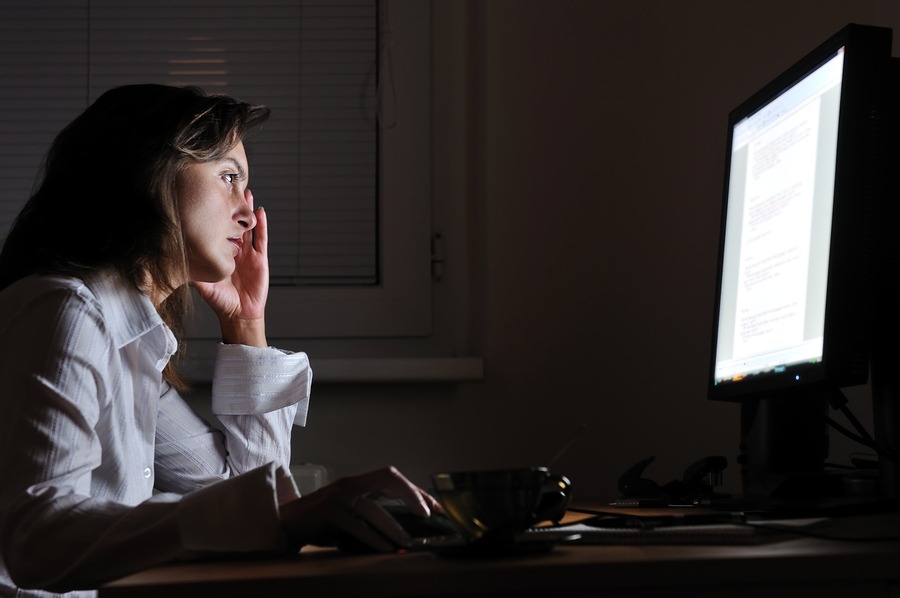
Believe it or not we treat everyone here at Spinalphysio like an Olympic athlete. Yes some people are going for world records, some people we treat are professional athletes and make a living from sport and some people are keen amateurs imagining they are running alongside Mo Farah when they are out for their 5 km park run.
Most however are just trying to get through the day. Working long hours both in the office and at home, because that email inbox never gets emptied so you’re checking it on the sofa while watching yet another cooking show or scrolling through Netflix for 45 minutes finding nothing to watch. You’d like to get fitter but there just isn’t enough time in the day after you’ve got the kids from school, tidied the house, done the shopping, sorted out the garden and checked your email – again!
Those aches and pains just start to creep in. Neck ache, tension type headache, low back pain, stiff hips and ankles, clicking knees, tennis elbow – and you don’t even play tennis. The list goes on.
Those Olympic athletes get their aches and pains from doing their job too. Ours are just a little different but the principles are the same. We don’t expect those Olympians to perform at their best with aches and pains and neither can we. They work on ironing out those creases. We often put up with them imagining that we’ll get around to sorting that out some day when we have more time. That’s not the Olympic attitude. An Olympian goes about fixing that today. All that time you procrastinate you are slipping down that hill ever so slowly and allowing time to get ahead of you.
So what can we learn from the Olympians.
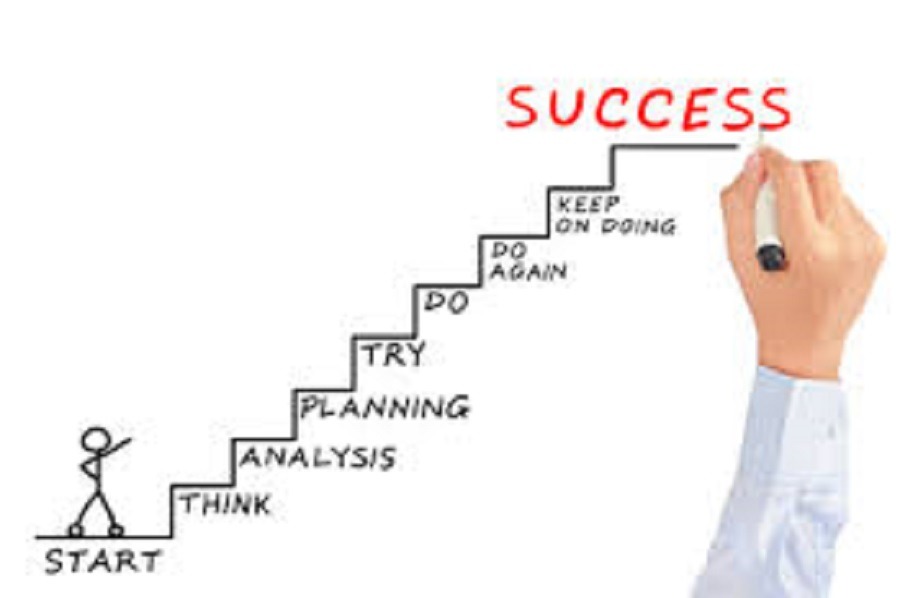
Sir Dave Brailsford current general manager of Team Ineos, former head of performance at British Cycling and mastermind of the sub 2 hour Marathon has a recipe for success. There are 3 questions you have to ask yourself:
- Where do you want to be?
- Where are you now?
- How are you going to get there?
Your goals don’t necessarily have to end up with a gold medal around your neck. They can be something much more simple than that such as getting up in the morning and not feeling like you’ve been hit by a bus or not be out of breath after climbing two flights of stairs. Perhaps slightly more ambitious, you want to do park run or a half marathon or make use of the river flowing through this wonderful city. Maybe you want to get out your old Tennis racquet or start Pilates. You certainly don’t want to sit there getting old.
Olympians set goals. Short, medium and long term goals. Everything is a race for them. They don’t just write those goals down somewhere and never get around to doing it. They commit to it and see every step and action as one closer to achieving their goals. We could talk about marginal gains forever but very simply its “Look after the pennies and the pounds will look after themselves”. Small changes repeated, make an enormous difference.
Writing your goals down makes you 28% more likely to achieve them. Writing those goals down and sending them to someone who you will be accountable to makes you 74% more likely to achieve them. That’s the first step.
Work smarter, not harder.
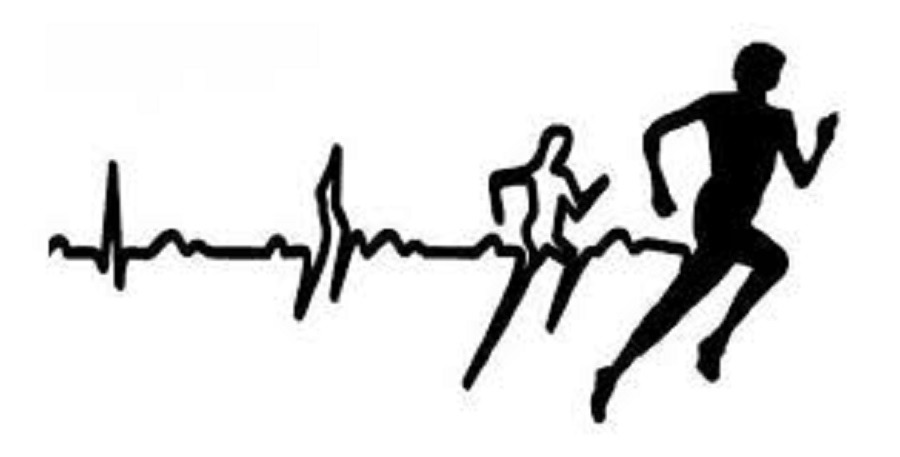
Once you’ve set your goals you need to realise where it is you are now.
Are you out of breath climbing the stairs because you are unfit or is it because you have something wrong with your heart. Perhaps you need to see your doctor to check it’s safe for you to exercise before you go to the gym all guns blazing. Are your knees creaky just because you have poor thigh muscle and Gluteal muscle strength or is there some underlying cartilage damage there. A visit to the physio can assess these sorts of issues.
Too many people assume all exercise is good exercise. All exercise has it’s benefits but also it’s risks. Doing more isn’t necessarily better as muscles, bones and ligaments respond to load and effort in different ways. Just like baking a cake a certain amount of time in the oven works. Less is no good. Too much and you’re burnt. You don’t need a physiotherapy degree to exercise but you do need to know someone who has one to explain to you what it is you should and shouldn’t do.
Get fit for your sport, not fit by your sport.
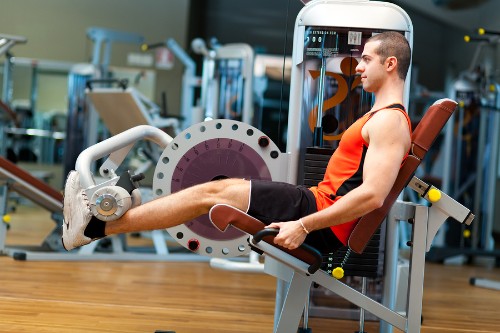
So, now you know what you want to achieve, you know you’re safe to go ahead and exercise and the physio has prescribed the correct exercise program for you. How are you going to achieve your goals?
You can’t just get off the sofa and run a marathon or go out and play 5 sets of Tennis. You have to get fit for your sport, not fit by your sport. You have to do the ground work. If you do that you’ll enjoy it a lot more and reduce the risk of being injured also.
Olympians spend more time in the gym working on the muscles they will use to run, jump, throw, swim, row etc than they do on the track, bike or pool. This is where organisation, commitment and sacrifice come in. But the rewards are worth it.
There will be many obstacles to you succeeding and most of those obstacles will in fact be you. You don’t need a gym membership to work the correct structures but you do need to know which structures you need to work on.
Perhaps you will have to negotiate a deal at home to facilitate an hour or two per week to block time for a class or go out for that walk or do you’re prescriptive exercises or follow that couch to 5k app you downloaded 6 months ago but never started.
Maybe you’ll have to get up a little earlier to make it happen, or not spend as much time online but get down on the floor and do your stretches. There is a lot of time in a week it’s just a matter of how you use it.
Can you imagine Mo Farah saying he doesn’t fancy training today and he’d rather sit on the sofa eating jaffa cakes watching bake off? Of course that’s what he might want to do but he won’t let himself do that. This is an Olympic attitude and you too have to have the same mindset. Do you think you’d feel better after a run or a Jaffa cake? With the run, maybe you can have both.
Example

Where are you now?
Back and neck ache, almost everyday.
Sit at a desk 8 hours a day.
Driving to work.
Sit on the sofa in the evening on the phone & watching TV
Eating late and difficulty getting to sleep.
Too tired to do any exercise.
Too many jobs to do around the house or people to visit at the weekends.
Where do you want to be?
Painfree
How are you going to get there?
Walk to work or to the train station.
Get a Sit-Stand desk
Get away from your desk at least every hour.
Search for some exercise classes between work & home and go before you get home.
Do the Couch to 5K program and in 9 weeks you’ll be running 5km.
Group exercise is best as you will need motivation from others to help you stick with it. Be the one to set the group up.
Do some simple stretching and core exercises at home on the floor when you are watching TV
Keep hydrated
Repeat. Repeat. Repeat.
Olympic attitude
Make it happen and stick to it.
See your physio if necessary to figure out what bits and pieces you need to target to get the maximum return for your efforts.
It takes 66 days to form a good habit and habits are only difficult in the beginning.
If you are worried about those aches and pains, why not give us a call on 01223 350622.
Don’t forget you can forward this newsletter to anyone you think might be interested or share it on your facebook page or tweet it.

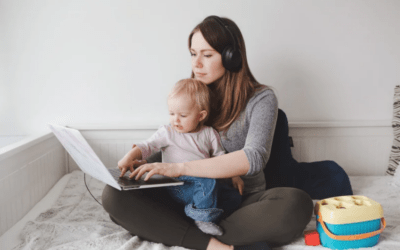

0 Comments